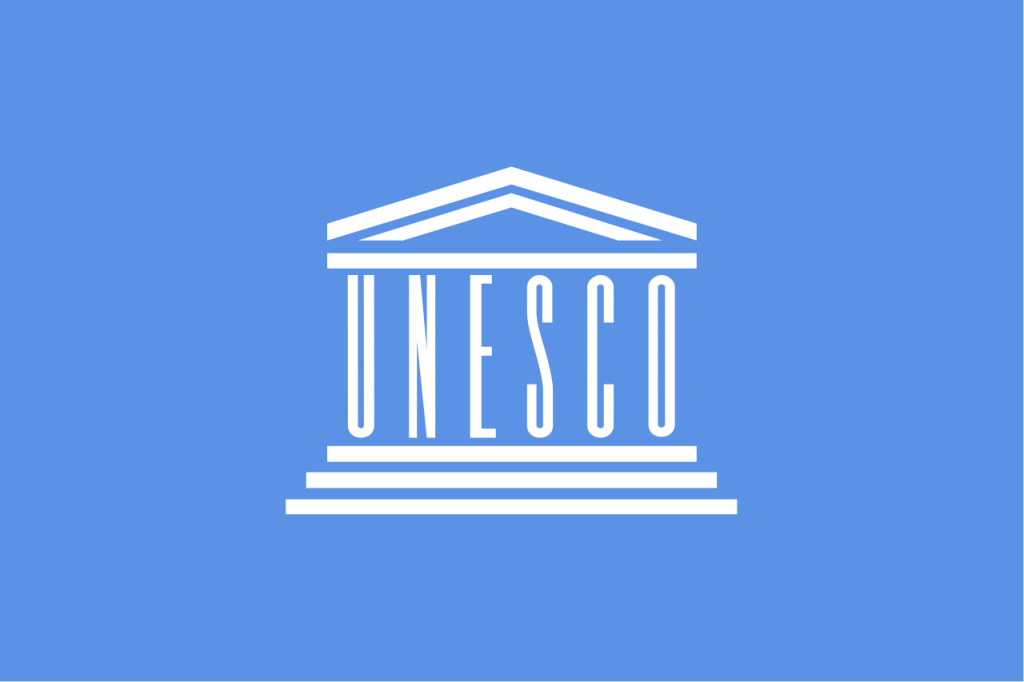UNESCO Prize for Digital Empowerment of Persons with Disabilities
The UNESCO/Emir Jaber Al Ahmad Al Jaber Al Sabah Prize for Digital Empowerment of Persons with Disabilities (hereafter the Prize) is to recognize the outstanding contributions of individuals and organizations in promoting the inclusion; and enhancing the lives of persons with disabilities through the application of digital solutions, resources, and technologies.
In line with UNESCO’s strategic objectives and especially the Major Programme Communication and Information, this includes translating human rights and fundamental freedoms into action, with a particular emphasis on removing barriers to enable greater access to information and knowledge, as well as learning and participation in society through the effective application of Information and Communication Technologies (ICTs).
The Prize has also direct thematic linkages to other UNESCO’s Major Programmes.
Thematic Areas
The Prize builds on three thematic axes of importance in UNESCO’s work with persons with disabilities, including immediate response to the COVID-19 outbreak.
- Formulating policy, advocacy, co-operation, and partnerships;
- Creating and developing digital solutions, enabling environments and processes, including tools and resources;
- Building and strengthening the capacities of people to create, adapt, and use digital solutions in a cost-efficient and sustainable manner. Definitions of digital empowerment, disabilities, digital solutions, resources and technologies, and organizations are complex, and applicants are encouraged to justify their own understandings of these concepts in their application forms should they so wish.
For the purposes of the Prize, the following conceptual context should be considered when preparing an application:
Digital Empowerment. The Prize defines digital empowerment as the processes whereby people are able to have more power and control over their lives through the use of digital solutions, resources, and technologies, particularly in terms of greater inclusion, participation, and contribution to societal development as well as enhanced life experiences.
UNESCO places particular emphasis on the ways through which information and knowledge can contribute to the empowerment of persons with disabilities notably by:
Formulating policy, advocacy, co-operation, and partnerships; Creating and developing digital solutions, enabling environments and processes, including tools and resources; Building and strengthening the capacities of people to create, adapt and use digital solutions in a cost efficient and sustainable manner.
Persons with Disabilities. The Prize uses a definition of persons with disabilities in alignment with the UN Convention on the Rights of Persons with Disabilities(link is external) as “Persons with disabilities include those who have long-term physical, mental, intellectual or sensory impairments which in interaction with various barriers may hinder their full and effective participation in society on an equal basis with others”.
Applicants are encouraged to clarify their own understandings and contexts of disability in their applications should they consider that this would be helpful.
Digital solutions, resources, and technologies. The Prize recognizes the converged nature of many ICTs and adopts a broad definition of the term digital solutions as a combination of:
Digital technologies: any digital informational or communication device or application, including but not restricted to mobile phones, computers, laptops, televisions, radios, satellite systems, networks, hardware, software, and applications;
Digital resources: content and information that are accessible through digital technologies; and Enabling environments and processes: standards, tools, physical, technical and online infrastructures, resources, and locations.
Applicants are encouraged to justify their choice of digital resources, resources, and/or technologies should these not self-evidently lie within this definition.
It can be noted that UNESCO encourages the development and use of digital solutions based on open standards, accessible and openly licensed content and resources, and Free and Open Source Software (FOSS).
Organizations. The Prize adopts a broad definition of organizations for the purpose of eligibility, including government departments, non-governmental organizations (including charitable organizations, faith-based organizations, research and educational organizations, trade unions, professional associations and foundations) and companies (both for-profit and social enterprises).
Applicants must specify their formal registration details, and applications from informal groupings of people will not be considered.
An individual may, though, be nominated as a representative of a group of people. Nominations that do not justify their choice of definitions in their applications, should they not clearly satisfy these definitions, will be excluded from consideration.
Nominating Entities should take this into consideration in making their nominations.
Prize Information
The Prize will be offered biennially in 2020/2021. The Prize will be awarded in each biennial edition and will be divided equally to:
- An Individual Person; and
- An Organization.
- These awards are for individuals and organizations and are not for projects or programmes.
- Successful individuals and organizations will usually have undertaken a series of relevant projects and programmes, developed appropriate tools or resources, and enhanced co-operation and partnerships that will contribute to their achievements, but it is the overall personal or organizational contribution that will be assessed.
- The total amount available for the Prize biennially is USD $ 40,000, which will be distributed equally between the individual and the organizational winner.
- UNESCO will publicize the Prize winners, and will seek to work with them to enhance and promote their continued activities in the field of the digital empowerment of persons with disabilities.
- Prize winners (Laureates) will be selected by the Director-General of UNESCO on the basis of the assessments and recommendations made by a Jury.
Eligibility Criteria
- Eligible applicants are individuals (applying either individually, or representing a group of people) or organizations (an institution, non-governmental organization or other public or private entity).
- Individuals and organizations applying for the Prize must have been active in the field for a minimum of five years, and have proven results from their efforts and activities.
Apply by 2nd September.
Application Details: https://en.unesco.org/prizes/digital-empowerment
